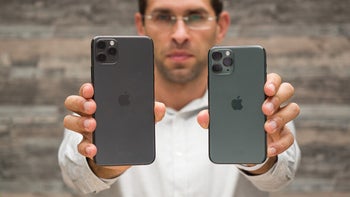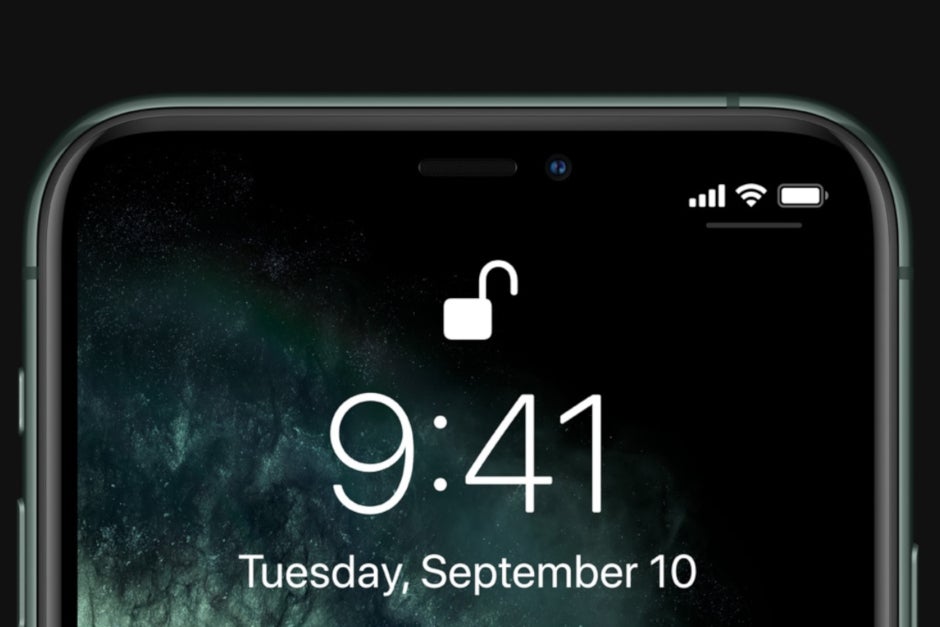Apple iPhone might have escaped import tax in the nick of time (UPDATE: It's official)

Reuters, citing unnamed sources, said today that the U.S. and China have reached an agreement on the "first phase" to de-escalate the trade war between the two countries. As a result of the agreement, Apple iPhone units imported from China might not be subject to the 15% import tax that was scheduled to begin on December 15th. While the device is designed in the states, the majority of units are assembled in China; 40% of global iPhone shipments are made from the U.S.
UPDATE:President Donald J. Trump has signed the trade deal with China which means that there will be no tariffs on the iPhone, iPad and other Apple products. "Trump delivered an early Christmas present to Apple," said Wedbush analyst Dan Ives. "If this tariff went through it would have been a major gut punch for semi players/Apple and could have thrown a major wrench into the supply chain and demand for the holiday season.
Apple already has some other products that are affected by the tariffs including the Apple Watch and the AirPods, but Apple has decided to eat the additional cost itself rather than passing all or some of it on to consumers in the form of higher prices. The trade war was initiated by U.S. President Donald Trump who considered the country's trade deficit with China to be a sign that its trading partner was taking advantage of the U.S. Many economists say that it only showed that American consumers were better off financially than their counterparts in China and could afford to buy more goods from China than the Chinese could afford to buy from the states.
The deal reached today, although not officially announced by either side, will reportedly suspend the 15% tariffs that would have been imposed on $160 billion worth of Chinese imports (including the iPhone and other smartphones) on December 15th. It also will reduce tariffs by as much as 50% on other products that are already being taxed. That could include the Apple wearables that we previously mentioned along with some iPhone and iPad cases and some additional products. In exchange, China will purchase $50 billion in U.S. agricultural goods, twice the amount it spent in 2017 before the start of the trade war.
Apple CEO Tim Cook successfully played the "Samsung card" with the President
The trade war between the two large nations has had a negative impact globally. And while many are glad that the two sides have come together, others aren't sure whether an agreement in principle or an actual agreement was made. A source in Washington D.C. told Reuters, "Until the full text is released, it’s not particularly actionable. It’s very unclear to me: Is this an agreement in principle or is it an agreement?"
That the iPhone has avoided the tariff might be a coincidence, but Apple CEO Tim Cook does have an unusual relationship with President Trump. Back in August, Cook explained to Trump how tariffs against Apple's handset could end up helping Samsung by allowing the Korean outfit to beat Apple on price. After all, Samsung is not required to pay an import tax on its products shipped to the U.S. Three months later, the president said that he might exempt Apple from paying tariffs on its products made in China parroting back Cook's thoughts. "The problem we have is you have Samsung," Trump stated. "It’s a great company but it’s a competitor of Apple, and it’s not fair if, because we have a trade deal with Korea - we made a great trade deal with South Korea - but we have to treat Apple on a somewhat similar basis as we treat Samsung."

The Apple iPhone has apparently escaped a 15% import tax on units imported into the states from China
The president has several times incorrectly stated that the Chinese are paying millions of dollars to the U.S. Treasury as a result of the tariffs. But the tariffs are merely an import tax that actually impacts American companies and consumers. The former pay the tax and either take a cut in their profit margin as a result or they have consumers pay by raising prices. Trump himself admitted as such by pushing back the 15% import tax on the iPhone, which was supposed to begin in September. At the time, the president said that this was done so that the U.S. economy wouldn't be harmed during the holiday shopping season. If China was paying millions to the U.S. as a result of the tariffs, as Trump stated, delaying the imposition of them would have been counter-intuitive.
Experts believe that if Trump doesn't sign off on this "first phase" agreement, China will suspend talks until after the next U.S. presidential election next November.










Things that are NOT allowed: